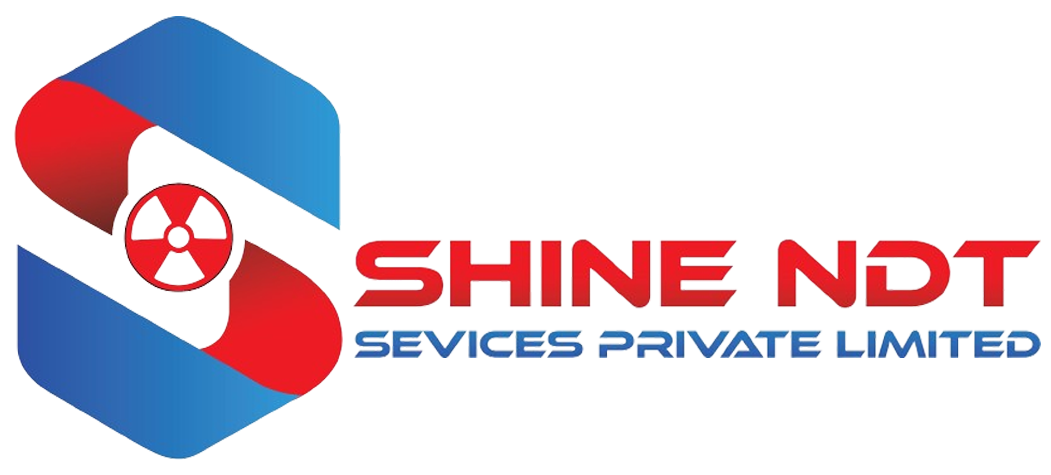Positive Material Identification (PMI)
Positive material identification (PMI) is an essential non-destructive testing (NDT) method utilized to verify that supplied materials conform to the proper standards and specifications. Specifically, PMI is used to confirm that the chemical composition of the metallic parts has the correct percentage of key elements, this ensures that material properties such as corrosion resistance meets the requirements.

The PMI is utilized for quality control and safety compliance and is an integral part of both production and asset integrity management across many industries including oil and gas, power generation, chemical, pharmaceutical, nuclear, aerospace, and metal fabrication. The material testing can be performed on-site before the parts go into the production process or for final products. Retroactive PMI is used to test in-service process equipment and piping systems. PMI can be utilized on a variety of part sizes – from large complex parts to things as small as the weld fill material or small fasteners.
Handheld X-ray Fluorescence (XRF) is the most common PMI method and the portability of the hand-held equipment allows to perform PMI on-site at the production plant or factory floor. The handheld XRF instrument scans the material and provides chemical composition and alloy grade name.

